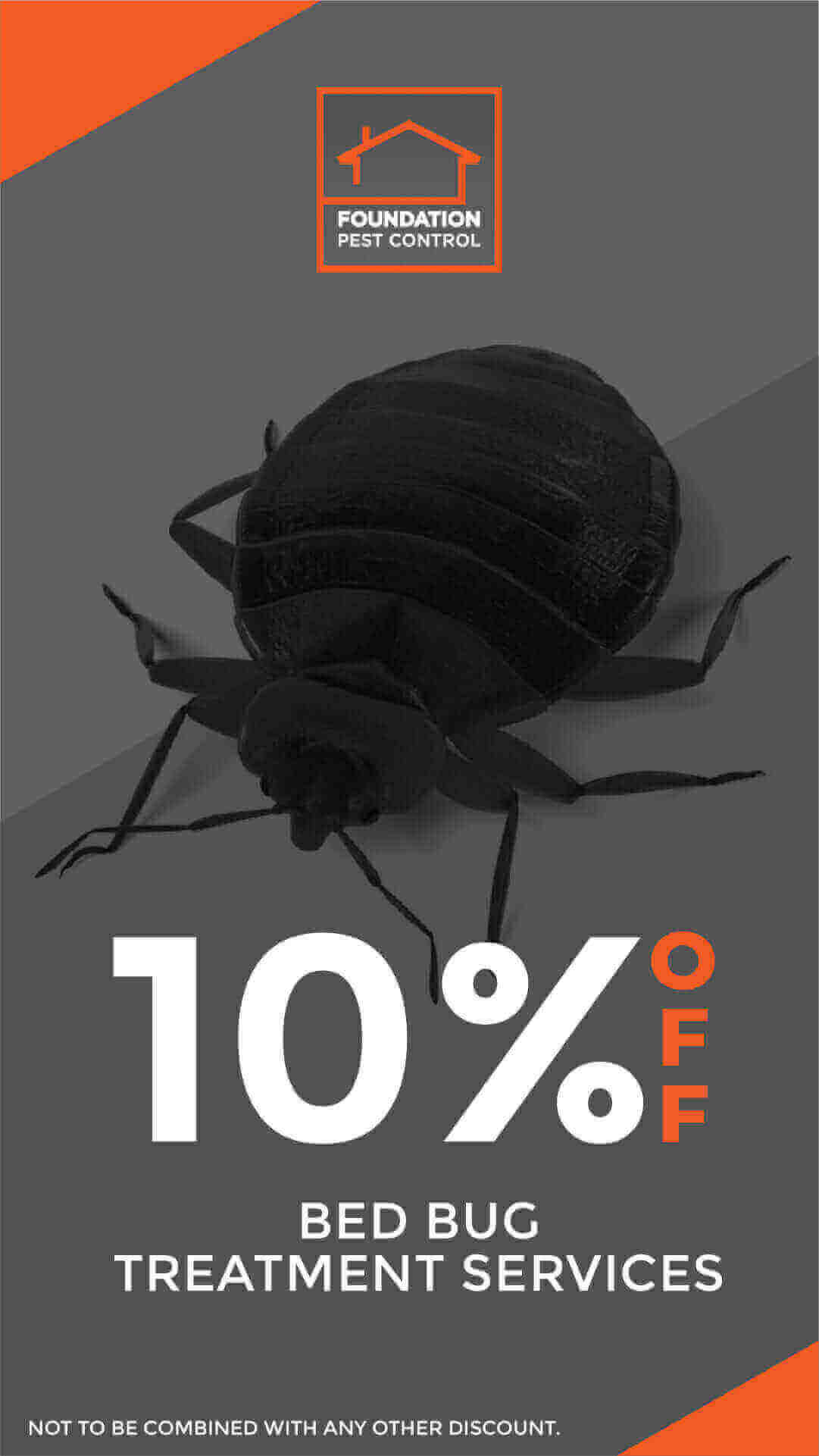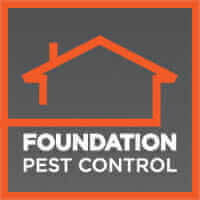
Foundation Pest Control offers expert pest management solutions for homes and businesses in Memphis and surrounding areas. Serving our community with eco-friendly treatments, we ensure a pest-free environment using advanced technology and personalized service. Trust us for efficient, reliable pest control in Memphis, Arlington, Lakeland, Germantown, and Collierville.
Tips on Avoiding Bee, Wasp and Hornet Stings
Bees and wasps have venomous stings which produce a variety of symptoms ranging from minor pain to fatal allergic reactions. Bees are beneficial due to the fact they pollinate flowers in the process of making honey. Also many wasps and hornets are beneficial as they are excellent predators of agricultural pests and other insects. Honey Bees have barbed stingers that usually remain in the sting. Honey Bees can only sting once. Wasps and hornets do not have barbed stingers and can sting repeatedly. The real danger from either is when a nest is accidentally disturbed and dozens and dozens of bees or wasps attack as a group. Severe envenomation from multiple stings can be fatal.
Don’t wear perfume or scented lotions.
Don’t swat or move rapidly when a wasp or yellow jacket visits you or your food; move slowly.
Don’t wear blue clothing. It seems to be associated with more unprovoked stings.
When hiking, wear boots or proper footwear and don’t go barefoot in the yard.
Sweet items like soft drinks, desserts and ripened fruit attract bees and wasps. When outdoors, keep these items covered and look carefully before you drink or eat.
Avoid threatening a hive by approaching too closely or by making loud noises or vibrations.
Share this Post

